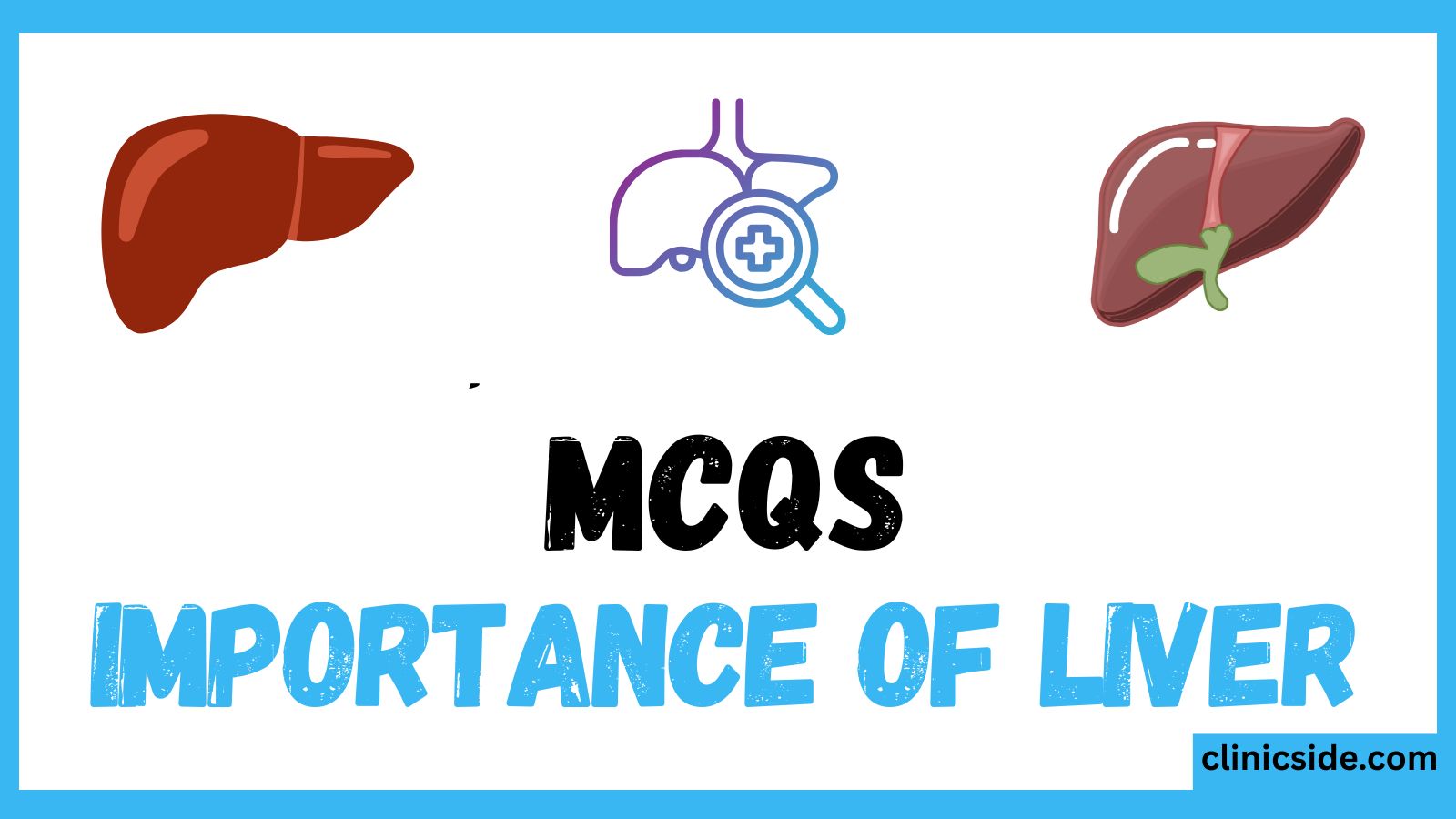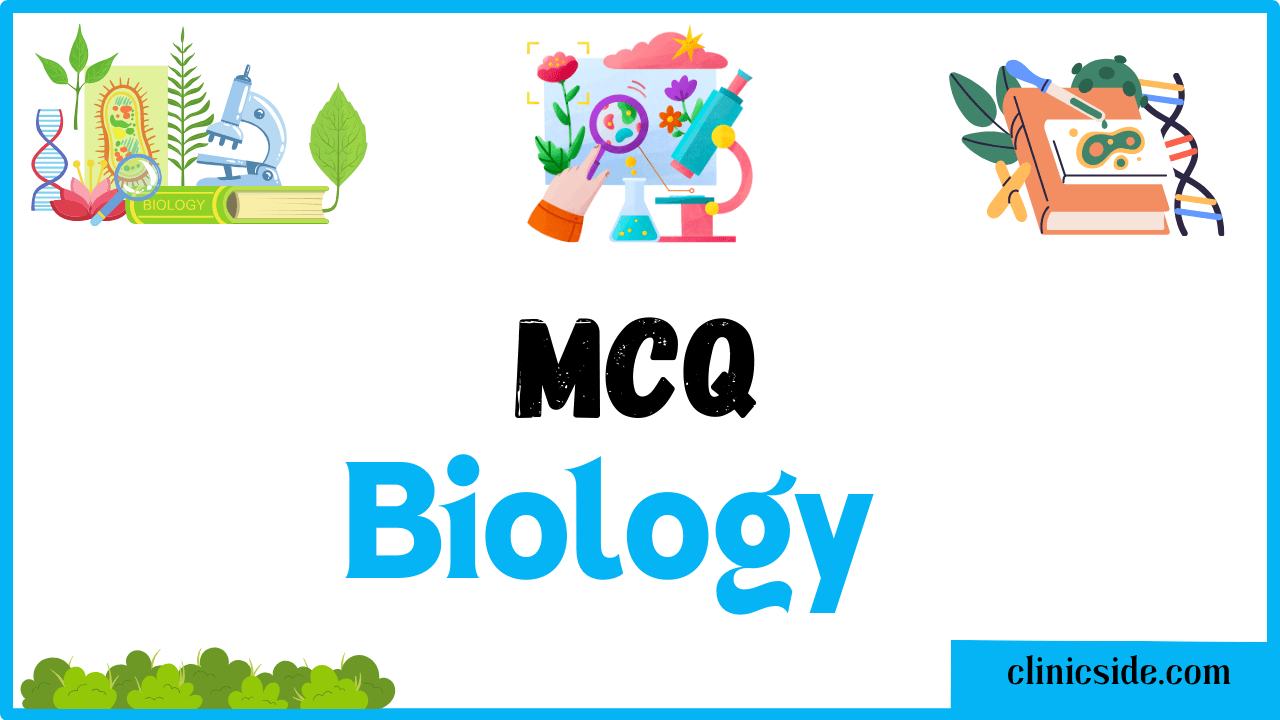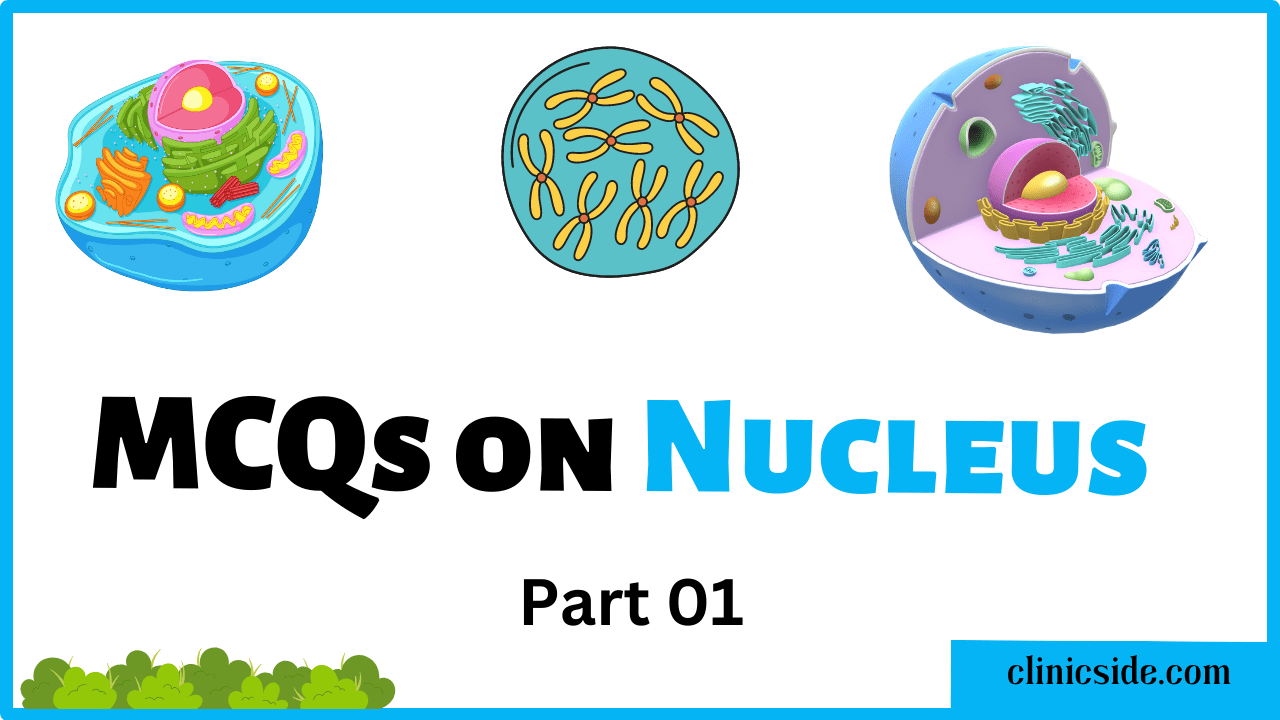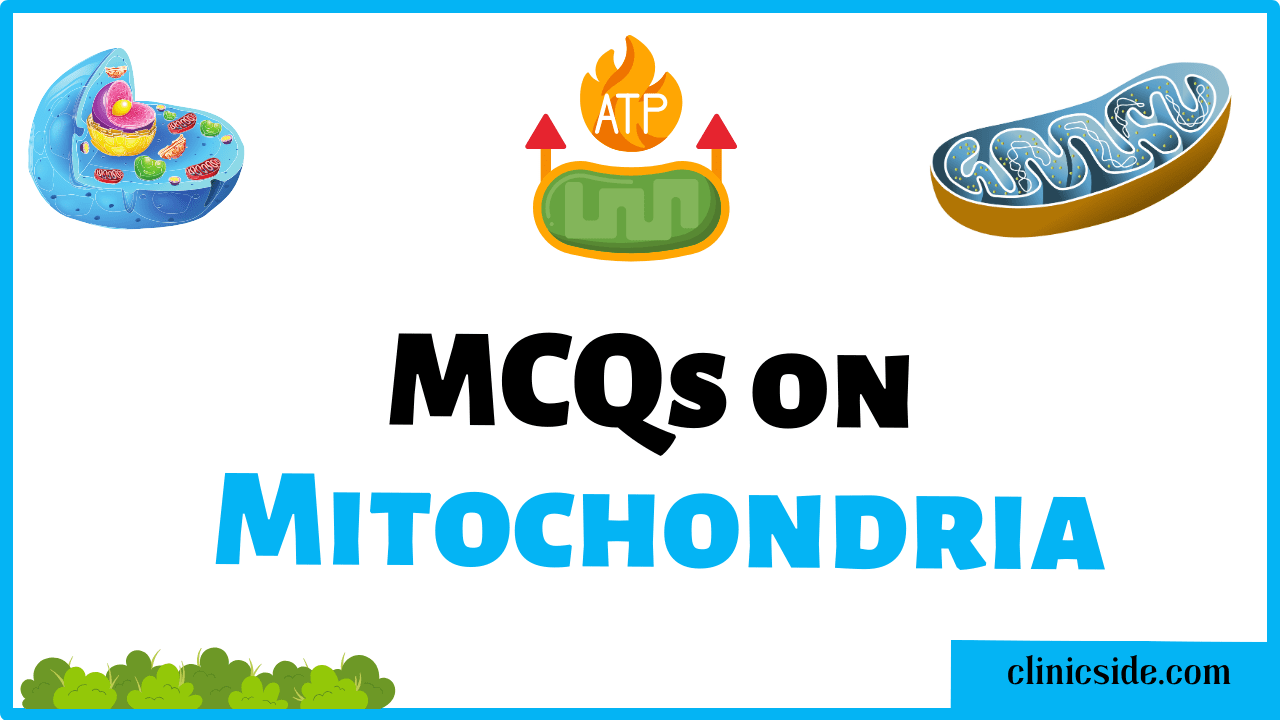The liver is one of the most crucial organs in the human body. It performs over 500 vital functions that keep us alive and healthy. From filtering blood and storing nutrients to producing bile for digestion, the liver is a silent powerhouse. Learning about the liver is not only important for biology students but for everyone who wants to understand how their body works.
Quiz
Available options: 1 to 20
In this article, we’ve combined essential learning material with Multiple Choice Questions (MCQs) so you can test your knowledge and prepare for your school exams or competitive tests. Let’s dive into the importance of the liver and test your understanding with 10 important MCQs!
🧬 Why is the Liver Important?
The liver is the largest internal gland in the human body and is often referred to as the “chemical factory” of our system. It weighs about 1.5 kilograms in adults and is located in the upper right part of the abdomen, just beneath the diaphragm. This incredible organ performs hundreds of functions, many of which are essential for life.
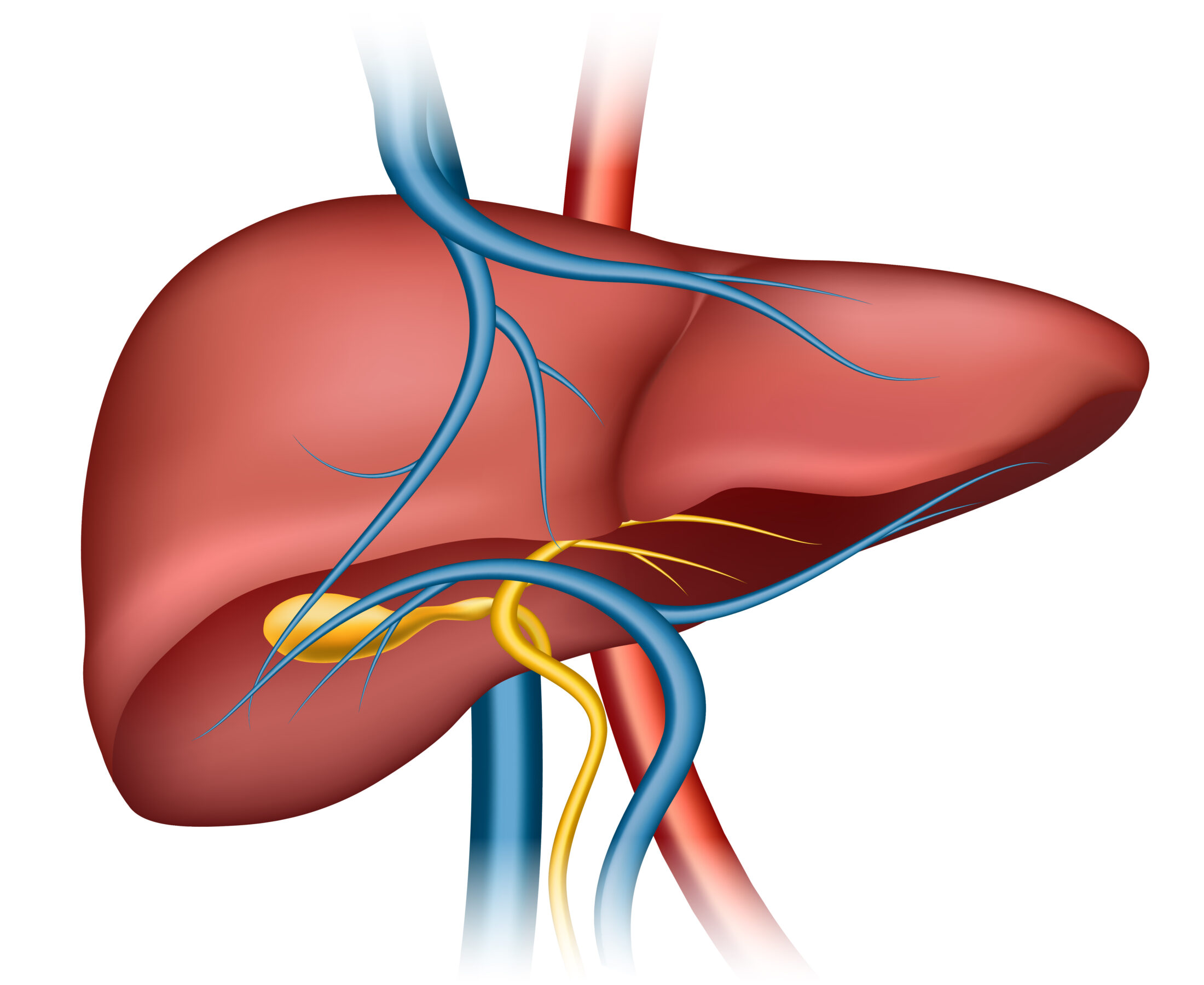
Here are the key reasons why the liver is so important:
1️⃣ Detoxification Center of the Body
Every day, your body is exposed to toxins through food, air, and medications. The liver filters these harmful substances from the bloodstream and converts them into less harmful compounds, which are then excreted through urine or bile. Without the liver, toxic buildup could lead to serious health problems or death.
2️⃣ Bile Production for Digestion
The liver produces bile, a greenish fluid that helps digest fats in the small intestine. Bile breaks down large fat globules into smaller droplets, making it easier for digestive enzymes to act on them. It also helps absorb fat-soluble vitamins like A, D, E, and K.
3️⃣ Storage of Essential Nutrients
The liver acts as a storage unit for important nutrients, including:
- Glycogen (a form of stored glucose)
- Iron
- Copper
- Vitamins A, D, E, K, and B12
This stored energy and nutrition can be released into the bloodstream when the body needs it.
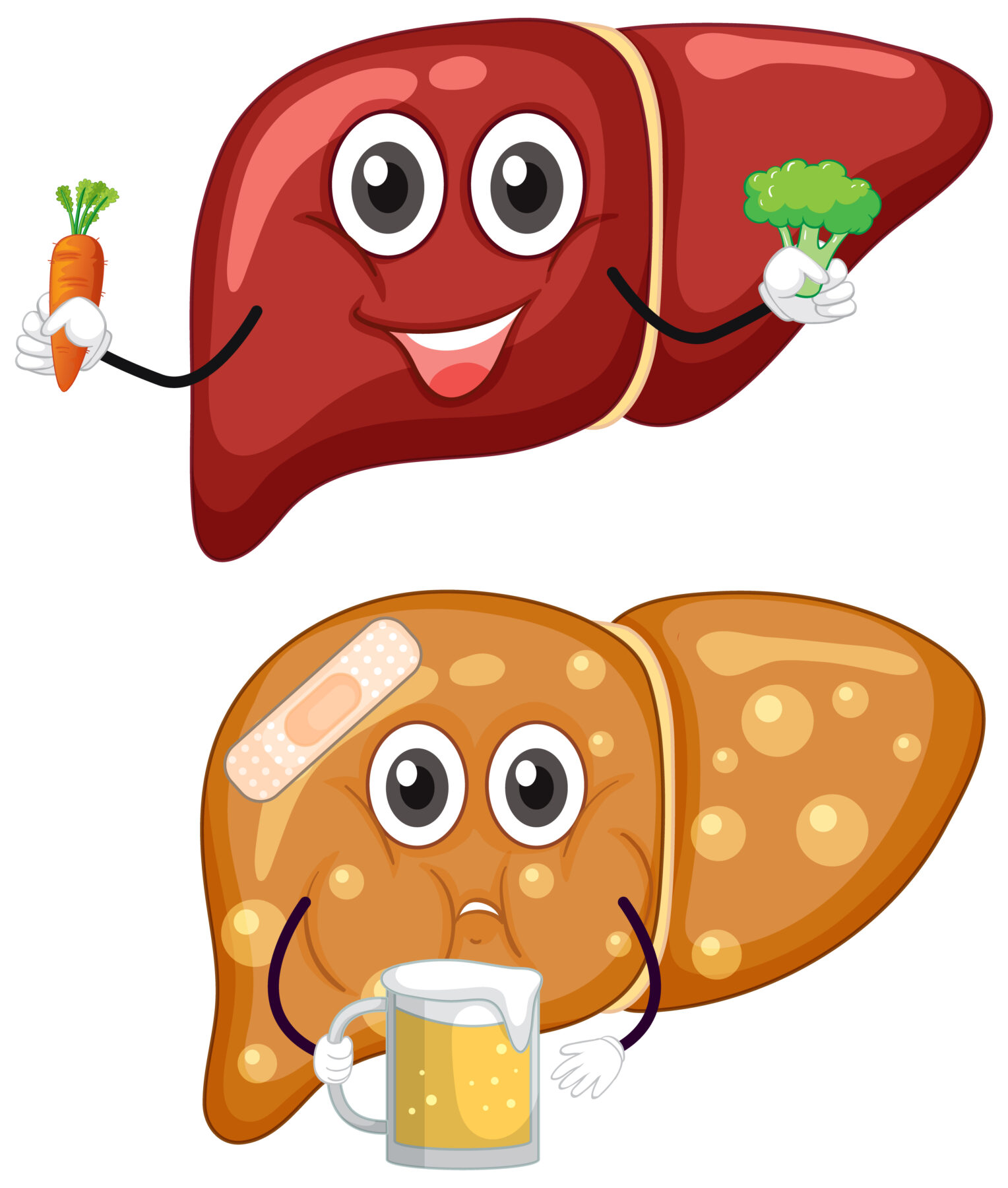
4️⃣ Metabolism Regulation
The liver plays a central role in metabolism. It helps:
- Convert carbohydrates into glucose
- Break down fats to produce energy
- Convert excess amino acids into usable forms
This keeps your blood sugar and energy levels balanced throughout the day.
5️⃣ Synthesis of Blood Proteins and Clotting Factors
The liver produces:
- Albumin, which maintains fluid balance in the blood
- Clotting factors, which are essential to stop bleeding from cuts or injuries
Any damage to the liver can lead to bleeding disorders or swelling due to fluid imbalance.
6️⃣ Immunity and Defense
The liver also helps fight infections. It contains special immune cells called Kupffer cells, which detect and destroy bacteria, viruses, and worn-out blood cells. This makes the liver a first line of defense in the immune system.
7️⃣ Hormonal Balance
The liver helps in regulating hormones by breaking down and clearing excess hormones from the body. It also helps activate some hormones, including thyroid hormones, which are essential for metabolism.
Conclusion: Why Students Should Learn About the Liver
Understanding the liver’s importance helps students recognize how this vital organ keeps the body in balance. Whether you’re preparing for a school quiz, board exam, or just curious about human biology, these MCQs provide a solid foundation.
Remember, the liver is irreplaceable, and learning how it works is the first step to keeping it healthy.

